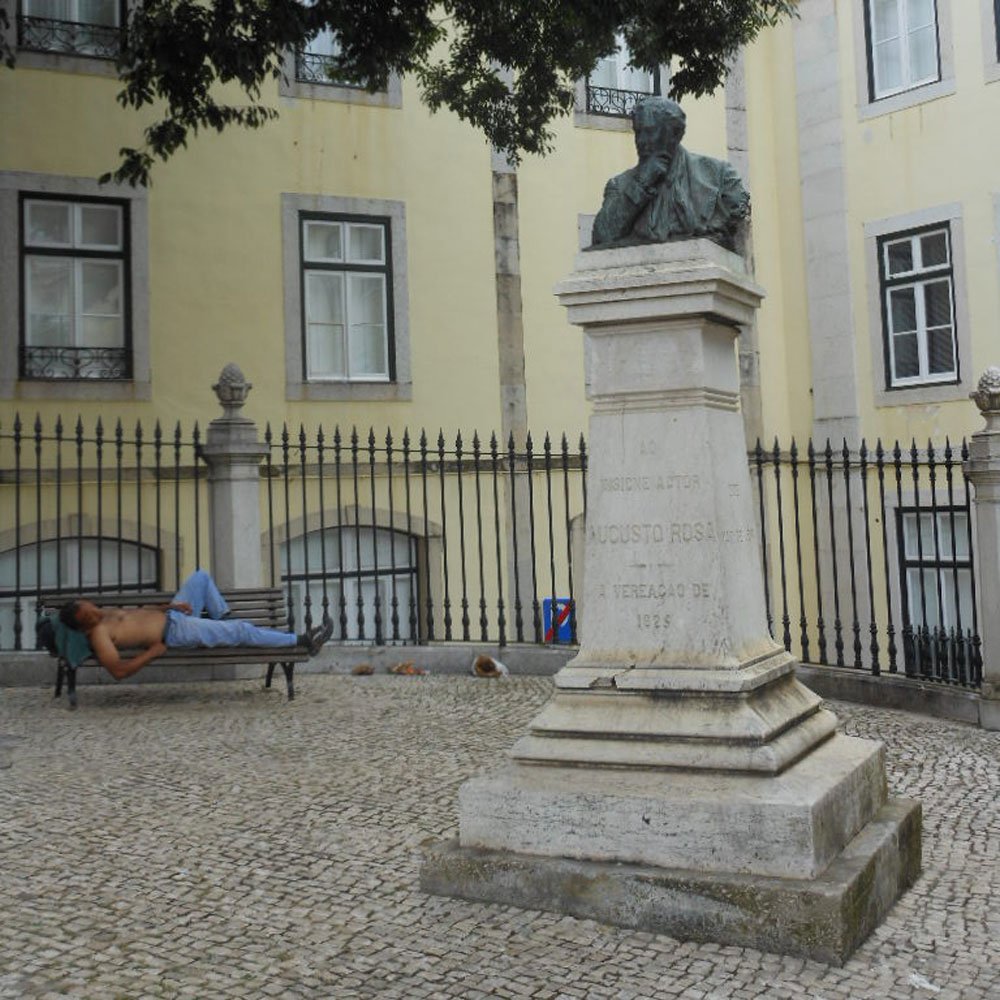
December 16, 2019; New York Times
In April of 2019, NPQ wrote about the Ninth Circuit ruling that allowed homeless people to sleep in public places if no area shelters had room. This ruling was met with great joy by advocates for the homeless and great angst by many municipalities. In Boise, Idaho, where the case originated, based on a city ordinance, resistance remains strong and since the US Supreme Court was the only path for any resolution, that is the path that Boise and others chose to take.
This week, those plaintiffs met a roadblock on that path. The case, City of Boise v. Martin, was appealed to the Supreme Court by the city of Boise on the grounds that the appeals court, in finding for the plaintiffs, had created a new right that was not grounded in the Constitution. Allowing homeless people to sleep and live in public places, they claimed, was creating havoc for local governments, preventing them from enforcing existing laws and creating public health hazards. In their petition for a hearing before SCOTUS, they wrote:
The consequences of the Ninth Circuit’s erroneous decision have already been—and will continue to be—far-reaching and catastrophic. The creation of a de facto constitutional right to live on sidewalks and in parks will cripple the ability of more than 1,600 municipalities in the Ninth Circuit to maintain the health and safety of their communities. Public encampments, now protected by the Constitution under the Ninth Circuit’s decision, have spawned crime and violence, incubated disease, and created environmental hazards that threaten the lives and well-being both of those living on the streets and the public at large.
Sign up for our free newsletters
Subscribe to NPQ's newsletters to have our top stories delivered directly to your inbox.
By signing up, you agree to our privacy policy and terms of use, and to receive messages from NPQ and our partners.
This petition was joined by as many as 20 supporting briefs from cities, counties, and states. This may have set a record for these kinds of briefs at this stage of filings in the court. This should raise some questions about just what our municipalities are thinking and how they approach homelessness as a civic issue to be addressed.
Lawyers for the homeless people who had challenged the Boise law as cruel and unusual punishment maintained their position that the Ninth Circuit’s ruling in their favor was modest and reasonable. As stated in their brief, “The decision below recognizes that it would be cruel and unusual to criminally punish a homeless person who violates the law simply because he engages in the biologically compelled activities of sitting, lying or sleeping outside when he has no place else to go. That result reflects basic common sense.”
And the Supreme Court, somewhat unexpectedly, chose to take a pass on this case and allow the 9th Circuit ruling to stand. The Boise law remains invalid, and cities and municipalities cannot arrest people for sleeping rough in public places if there is no room at area shelters. The next steps may call for creative problem-solving and some new solutions to conflicts between those who seek better options for the homeless and those who want to “protect” their public and private spaces from them. Perhaps this was just what the Supreme Court had in mind.—Carole Levine













